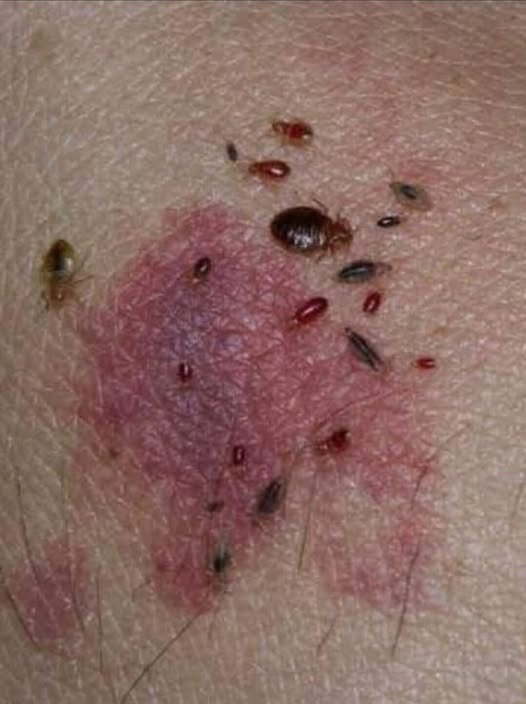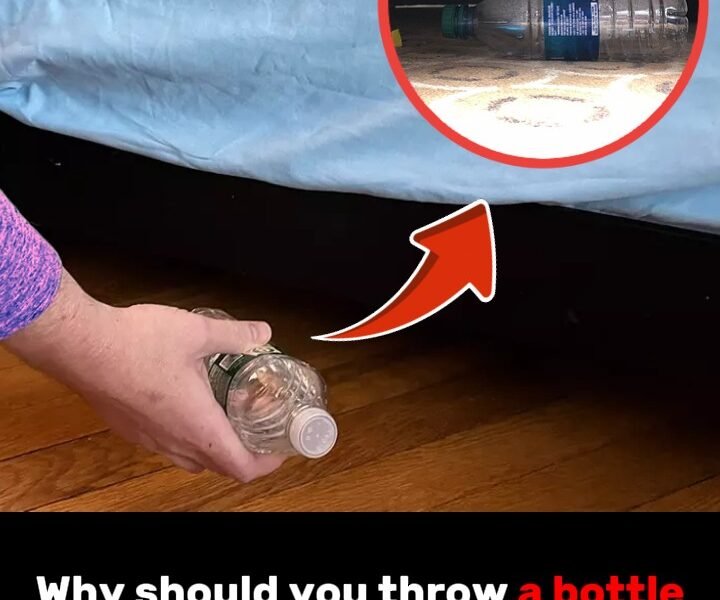Bed bugs are small, nocturnal insects that can cause significant discomfort and anxiety for anyone dealing with an infestation. These pests are known for their ability to thrive in environments where humans sleep, feeding on their blood to survive. In this article, we will explore what bed bugs are, how they spread, the symptoms of a bed bug infestation, and the most effective treatment methods. We will also provide tips on how to prevent a future infestation.
What Are Bed Bugs?
Bed bugs, scientifically known as Cimex lectularius, are small, reddish-brown insects that feed on the blood of humans and other warm-blooded animals. Adult bed bugs are about the size of an apple seed, measuring roughly 4-5 mm in length. They have a flattened, oval-shaped body that allows them to hide easily in cracks and crevices, making them difficult to detect.
Bed bugs are nocturnal, meaning they are most active at night, feeding on their hosts while they sleep. Despite their name, bed bugs can be found in other areas of the home, not just in or around the bed. They can hide in furniture, carpets, behind wallpaper, and even in electrical outlets.
How to Avoid Bed Bugs When You Travel – WanderWisdom
How Do Bed Bugs Spread?
Bed bugs are excellent hitchhikers, often spreading from one location to another through human activity. They do not fly or jump, but they can crawl across floors and walls and travel from room to room. Bed bugs can also spread through used furniture, clothing, and luggage, which is why they are commonly found in hotels, hostels, and other shared accommodations.
Some common ways that bed bugs spread include:
Travel: Bed bugs are frequently transported in luggage, clothing, or personal belongings when people travel. They can easily latch onto clothing or bags and travel back to your home.
Secondhand furniture: Purchasing used furniture, particularly mattresses or couches, can be a significant risk factor, as bed bugs may already be living in these items.
Apartments and multi-unit buildings: In densely populated buildings, bed bugs can move between units through walls, pipes, and electrical outlets, making infestations more difficult to control.
How To Get Rid Of Bed Bugs Permanently In 5 Easy Steps | Eradi Control
Symptoms of a Bed Bug Infestation
The primary sign of a bed bug infestation is the presence of bites on your skin. Bed bug bites usually appear in a series of small, red, itchy welts that are often arranged in a linear or clustered pattern. These bites are typically found on exposed skin areas such as the face, neck, arms, and legs.
Common symptoms of a bed bug infestation include:
Itchy, red bites: Bed bug bites often appear as raised, itchy welts that can be confused with mosquito bites. However, they are usually more persistent and may cause discomfort for several days.
Blood stains: After feeding, bed bugs may leave tiny blood stains on your sheets or pillows. These stains are often dark or rusty in color.
Fecal spots: Bed bugs leave behind small, dark spots of fecal matter, which can be found on sheets, furniture, or along baseboards.
Musty odor: A heavy infestation of bed bugs may produce a distinct musty odor, which is caused by the scent glands of the bugs.
Bed Bug Bites Pictures: What Bed Bug Bites Look Like, Per Experts
If you suspect that you have bed bugs, it is important to thoroughly inspect your living space for signs of an infestation. Bed bugs often hide in cracks and crevices, making them difficult to spot without careful searching.
How to Inspect for Bed Bugs
When inspecting your home for bed bugs, focus on areas where bed bugs are likely to hide, such as:
Beds and furniture: Look for signs of bed bugs in seams, cracks, and crevices of mattresses, box springs, headboards, and furniture.
Baseboards and walls: Check along baseboards, behind wallpaper, and in electrical outlets for dark spots or signs of blood stains.
Luggage and clothing: Examine your luggage, bags, and clothing for signs of bed bugs, especially after traveling or staying in hotels.
If you are unable to confirm an infestation yourself, consider hiring a professional pest control expert to conduct a thorough inspection.


